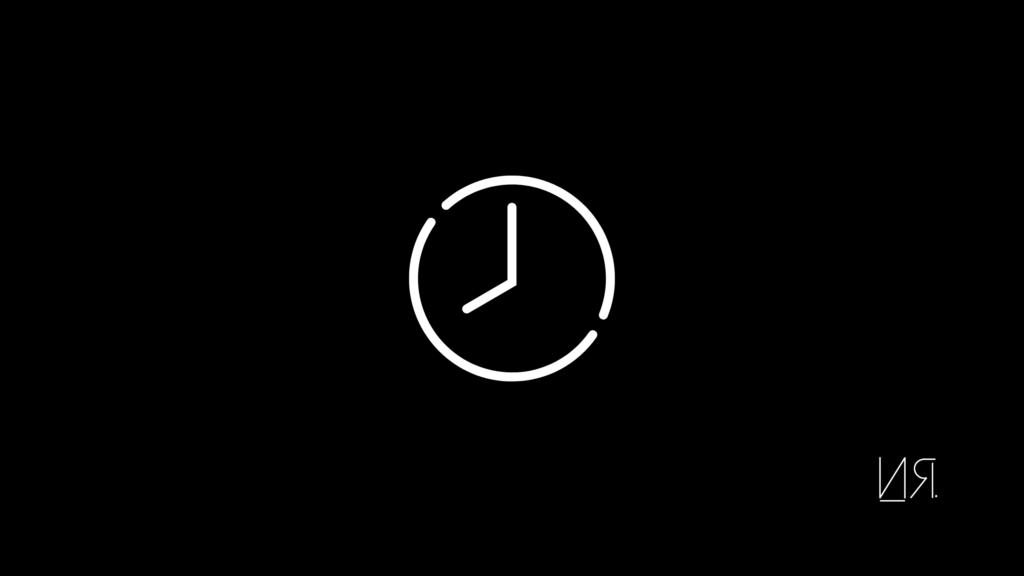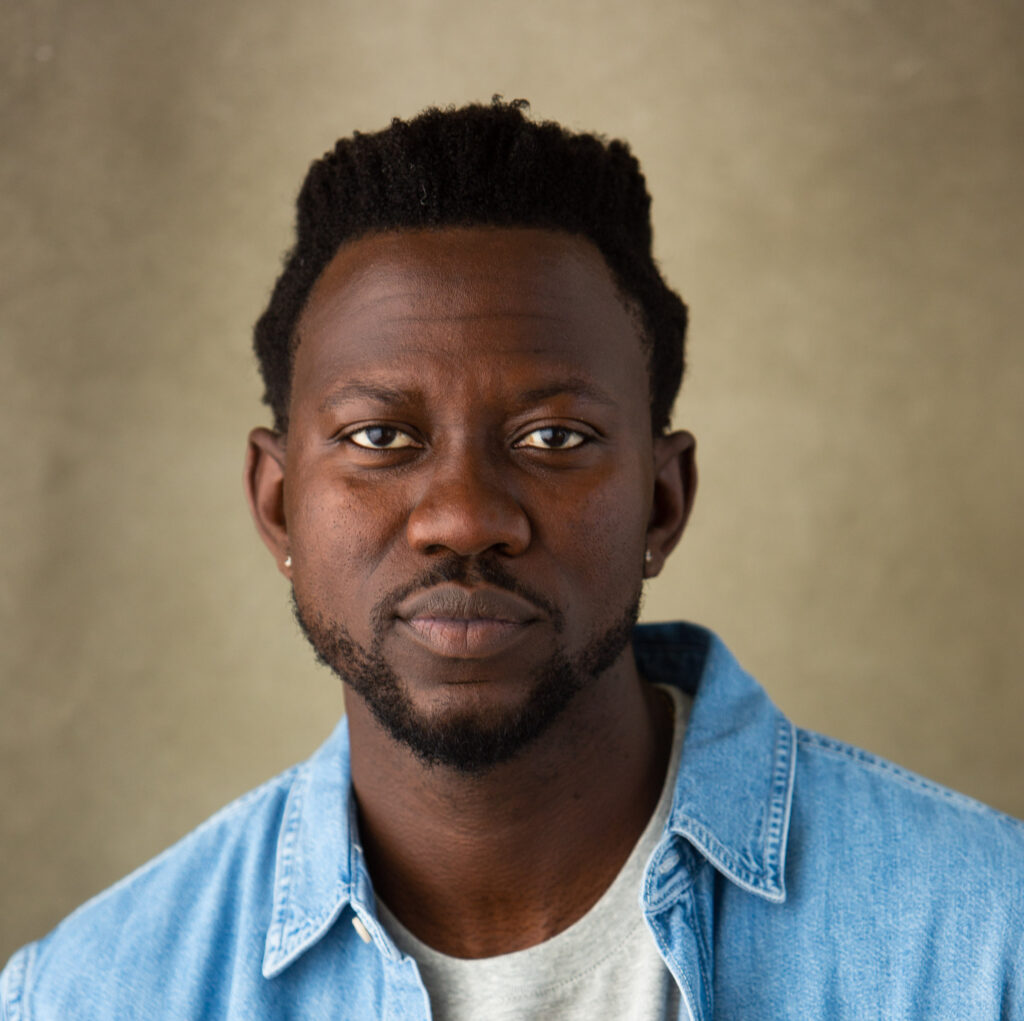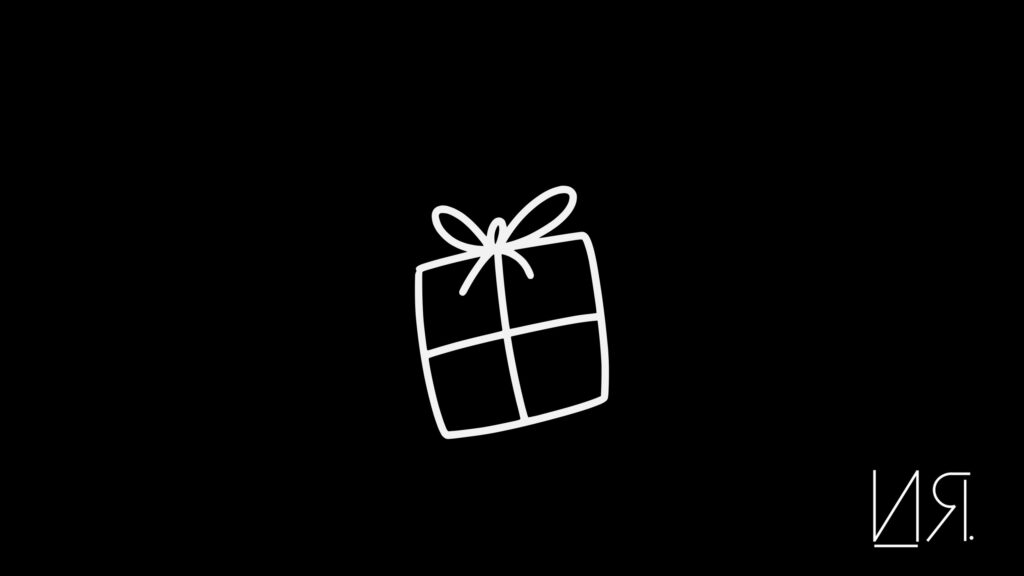I was high when I wrote part of this letter.
No seriously, I was 35,000-feet above ground on a flight to VeeCon – a business, culture, and web3 conference.
This is second of the three yearly events that my first-ever NFT that I purchased gives me access to.
I wouldn’t bore you about the utility of NFTs, but one of the biggest uses cases is the access to unique experiences.
Forget the NFT, you have full access to your time. But when in doubt, what do your time for?
Capitalizing on Time
People think time is rigid.
It’s used to “capitalize on opportunities”, solely for maximizing productivity.
We think “using it wisely” means to “produce the most.”
This is usually how we treat time at work, but it doesn’t end there.
The reality is: when work is done, a lot of us, unfortunately don’t know what to do with ourselves.
Work brings order.
We have a fear of freedom.
We stick to our circles of certainty.
We don’t question what we are all working towards.
If clock time is used to synchronize the action of people, what are we synchronizing for?
That question begins with the individual – taking agency.
Asking “what it means to use your time consciously?”
But you might ask: “What is time anyway? Presentism or block universe? Are we flowing through slices of the present? Or is the past, present, and future here all at once?”
I get it. Time is still a mystery.
AND there’s not enough of it in the day for ALL you have to do. It might seem like you are constantly running in a rat race with no end.
You sit and ask: “What is the meaning of life?”
But you quickly brush it off. No time to question.
“I have to stay busy”
But do you.
“I have bills and family to take care of”
You can do that too. It works together. Just choose.
Clock time runs our lives. It was built for collective action.
I’m down for collective action.
But for what?
Without the answer to that question, you are acting unconsciously.
To use time consciously, you have to get in tune with your time.
Become one with the present.
You have the agency to choose your relationship with time.
Be flexible to find your own rhythm.
Don’t just buy into the “use time wisely for efficiency” doctrine. All minutes are not created equal. Time is abundant.
We can create time. Like a plant that keeps giving.
If you had one job, it would be “to be aware”
Awareness is the only thing you should be doing. Use your time consciously to live a meaningful life.
Here are 5 ways to create time:
Your relationship with time is subjective.
It’s yours.
When in doubt, use your time to be aware. Bringing awareness to your thoughts and the feelings in your body.
You’ll be more content with your experience of life. You will stay connected to why, what, and how you make and spend time.
You will take more personal agency in your life. Here are five practices that can help you become aware about how you use your time.
1. Meditation
Meditating anchors time.
As I said, I was high above the ground on a flight to Veecon as I wrote this. I was tired. It was almost midnight. I needed sleep to reset.
Sleep is a great way to reclaim your time. It gives the body the option to recharge. I must be honest, I haven’t been getting great sleep lately.
One thing that really helps to recharge time is meditation.
I have been meditating since 2015. A daily practice that allows me to start my day with agency.
I close my eyes, set a timer, and just focus on my breathing. The practice has made me more aware of my thoughts. My mind shuttles from the past to the future.
I have to actively bring my attention to the moment – not did the unretrievable past and not the illusory future. Just now.
Meditation allows you to practice awareness, becoming conscious of being in the moment.
The temptation to “go and do” is always calling. Every now turning into the past, every future turning into the now.
The practice is a reminder that all we have is the moment. The pulse is a reminder of the dynamics in the present.
Pay attention to your breath to connect with the now.
2. Writing
Writing clears your mind.
Julia Cameron is the author of The Artist’s Way. A famous book that has influenced a lot of modern artists.
One of the main practices Julia advises is doing something called “Morning Pages”. Morning pages is a simple practice.
Every morning, before your day start buzzing, you sit down and write two pages.
Of what?
Whatever. Stream of thought. Journaling.
On a podcast, someone asked Julia Camron: “How can I dedicate 10 minutes of my day to journal every day when I have so many responsibilities and no time?”
She responded gracefully: “Writing in the morning does not take up time, it actually gives you more time.”
Writing gives you the space to be you. It clears up your mind. It allows you to bring some order to uncoordinated chatter in your mind.
Your brain is going to do its thing – make synaptic connections. Create thoughts. Take you to the future. Shoot you on a fast track train to the past.
Writing slows you down. Your hands can only move so fast.
The skillful art of taking fast moving thoughts and transferring them through your body into words that you can read back to yourself is a rewarding experience that is usually overlooked.
It can help you get in a flow state. Help you have an optimal experience that adds to your life’s meaning.
It creates time and brings clarity to your day.
Journal regularly daily to create space, clarity, and time.
3. Being in Nature
You are a Gardner of time.
Nature regenerates.
There are only a few things better that being out in nature and listening to the cycles of life.
That’s what happens when I go to the beach, for instance. The crashing of the waves. The receding tides filtering through the sands. The chirping of birds.
Nature always gives.
When we look at nature we see the different forms of time. Plants growing, tree roots connecting, flowers blossoming, and all the seasons that come and go.
Being in and aware of nature invites us into a conversation with it.
When time is commodified into fixed units we see it as a scarce resource.
But unlike clock time, nature is reminder that time can be abundant.
A seed that produces a plant can be consumed as food (the consumption is an end point)
That same seed can be planted (instead of consumed) and it brings forth more life as the plant generates more seeds.
Although we think about finality with time, nature is a reminder of the cyclicality of life.
You can embody this relationship with time also. Instead of saving time, we can garden it.
You can nurture it and cultivate it to create more and different varieties of it.
Nature reminds us that we are ‘timeful’.
Go and dialogue with nature to be aware of time regenerating
4. Listening to stories
Stories open up time.
Growing up, I learned more about Nigeria’s history through funky and bashful tunes by Afrobeat pioneer Fela Kuti.
The music he made 30 years before I listened to them took me to a pocket of time that I didn’t have access to.
Octavia Butler is a legendary sci-fi author. Her tenth novel, Parable of the Sower, which was published in 1993, was set in the year 2024.
In the dystopian tale where science and the truth had been cheapened, there was a fictional presidential candidate, Andrew Steele Jarret, a Texas senator and religious zealot who ran on a platform to “make American great again.”
This book was written 23 years before a real Presidential Candidate, Donald Trump led on a campaign with the same phrase.
Is this art imitating life or life imitating art?
Stories are messages that travel through time.
Storyteller’s use their recordings through symbolic expressions to bring context to their worlds. They also use this to send messages across time.
Stories help us connect and create community.
It expands out time from the limited experience that we have from the day-to-day.
Stories are time capsules that you can use to navigate you life in the present.
“Mentorship can come from different places. Books can be good mentors”
~ Scooter Braun, VeeCon 2023
Access different times with engaging stories and perspectives.
5. Paying attention to your physical
Your body is time
In 2014, I tore my left achilles while playing basketball.
A few months later, while I was still healing in my boots, I started a MBA program. I had to learn about the limitation of my body in a fast-moving hyper-intense program.
A good learning ground to feel the tension between physical limitation and high productivity.
Your sense of time is tied to your ability to move through space.
Unfortunately, our world is biased towards tying our bodies to productivity with time.
Crip time is used to describe how much time it takes a disabled person to accomplish the same time as an abled body.
It is time that is ascribed to the ability and dynamics of the body (just like how the positions on the sundial changes with the time of the year).
Clock time is rigid and it’s used for maximization. It is for the lean, mean, living machine
Even time management books and the wellness industry are all about saving time and using it to maximize output.
Abled people see disabled people and zoom passed them as “lost causes”
The irony is that the more we measure and try to maximize the output from this time, the less we have of it.
Crip time opens the mind up to time seen through a spectrum of our abilities.
Just like “tired time” the way we associate with time then is different from when we are energized.
In tiredness, our ego recedes and the world becomes more apparent. We have to get comfortable with this variability of time, to really live life.
People have different experiences with time and ability.
Pay attention to your body and define how you interact with the time it creates for you.
Final Thoughts
You have the personal agency to use your time as you see fit.
You can actually create time, even though it seems like such a fixed limited resource.
You can create time by using each moment to become more aware. Awareness keeps you anchored to the present.
You can do the and create more time for yourself by meditating, journaling, spending time in nature, reading stories, and paying attention to your body.
It will make you feel more connected to yourself and your community.
Develop your practice to be aware and use your time consciously.



